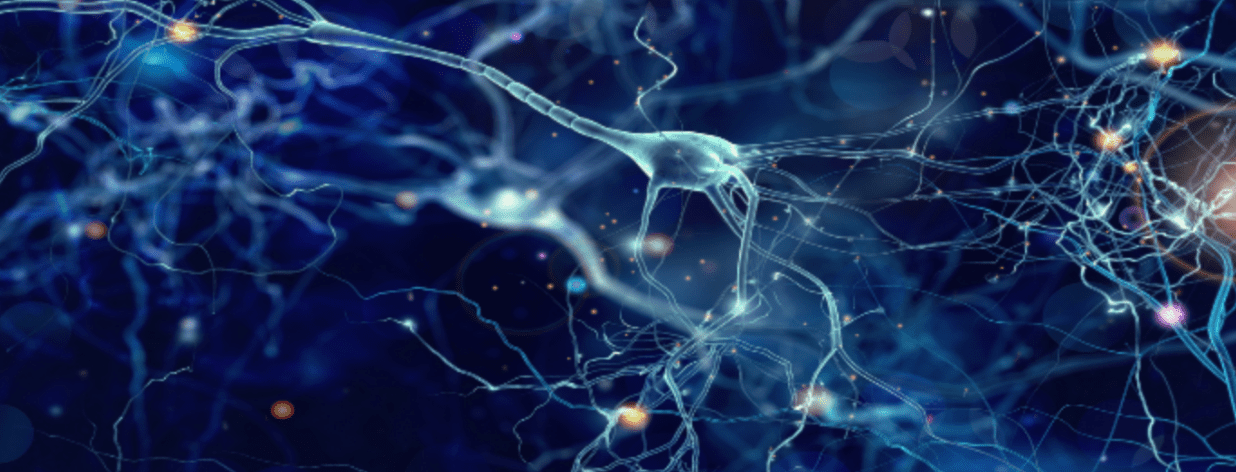Neurodegenerative diseases affect millions of people across the globe. Parkinson’s disease (PD) and Alzheimer’s disease are the two most common illnesses within this category, and as of 2016, more than five million Americans were living with Alzheimer’s disease alone. It’s estimated that the prevalence of neurodegenerative diseases will only increase in the coming years with the aging population.
Characterized by the loss of function and death of nerve cells, neurodegenerative diseases cannot currently be cured. There are medications available to control symptoms, but patients don’t always respond to these drugs as desired. Moreover, there are often side effects which can further diminish patients’ health and wellbeing.
Stem Cells for Neurodegenerative Diseases
As a promising alternative to traditional medicine, stem cell therapy is being explored as a treatment for neurodegenerative conditions. These remarkable cells act as the basis from which every other differentiated cell type in the body is created. They can self-renew and transform into nearly any cell type. With these capabilities, researchers are finding that stem cells can repair damaged neurons, thus controlling the rate of disease. In some cases, it’s possible that stem cells could even reverse some of the damage already done.
There are several different types of stem cells being investigated for neurodegenerative conditions, including:
- Tissue-specific stem cells: These stem cells can give rise to multiple organ-specific cells and are typically located in areas of the body that can self-renew, including the skin and blood.
- Mesenchymal Stem Cells (MSCs): MSCs are located within the bone marrow and can differentiate into several types of cells, including cartilage, bone, and muscle. They have strong self-renewing properties and are therefore an ideal candidate for tissue repair.
- Induced Pluripotent Stem Cells (iPSCs): iPSCs are artificially derived from adult cells and programmed back to pluripotency. This creates an unlimited source of any cell type. Although iPSCs have been used in developing medications and disease modeling, further research is needed to determine their efficacy in other types of treatment.
- Neural Stem Cells (NSCs): NSCs are derived from specific areas of the brain and are thus considered specialized cells. Like other stem cells, they are self-renewing and multipotent.
Stem Cells for Neurodegenerative Diseases
The research into how stem cells can help patients with neurodegenerative diseases is ongoing. With that being said, tremendous progress has already been made. In specific, stem cell therapy is being used to help treat the following conditions:
- Alzheimer’s Disease: Columbia University researchers have discovered a groundbreaking process through which skin cells could be converted into brain cells. With further research, this process could help to create neurons which have been compromised by conditions such as Alzheimer’s disease.
- Parkinson’s Disease: PD patients experience a decline of dopamine as brain cells are destroyed. As dopamine levels drop, patients experience a range of challenging symptoms, including issues with movement and cognition. Recently, stem-cell derived dopaminergic neurons created through ESCs and iPSCs have emerged as a potential option for replacing compromised brain cells.
ALS: ALS has puzzled researchers for decades, largely due to the inability to source motor neurons in large enough numbers for studying. Recently, however, Harvard researchers have acquired mature cells that can be manipulated back into stem cells from ALS patients, which could lay the foundation for studying new therapies. Contact a Care Coordinator today for a free assessment!


 St. Petersburg, Florida
St. Petersburg, Florida
